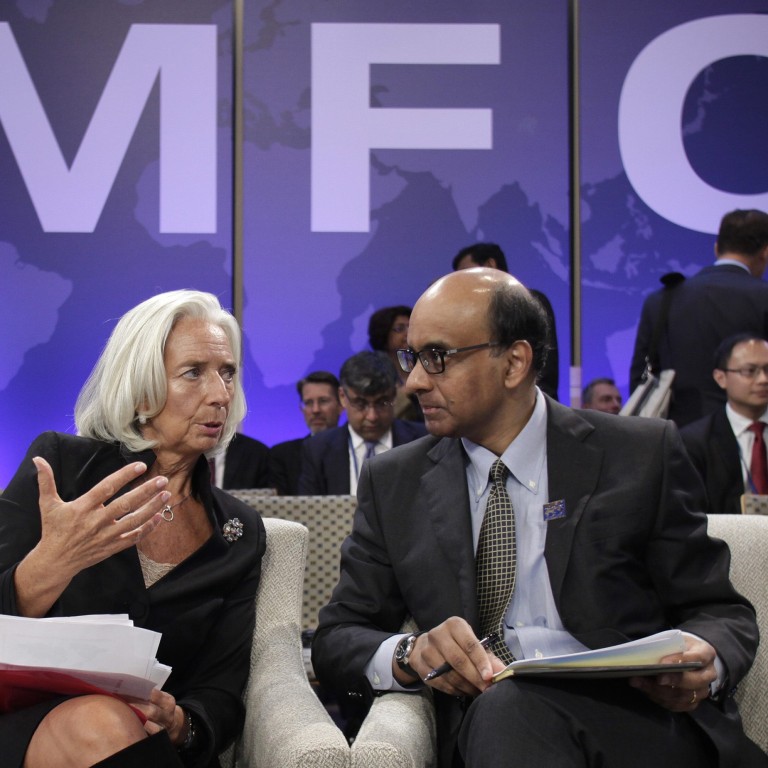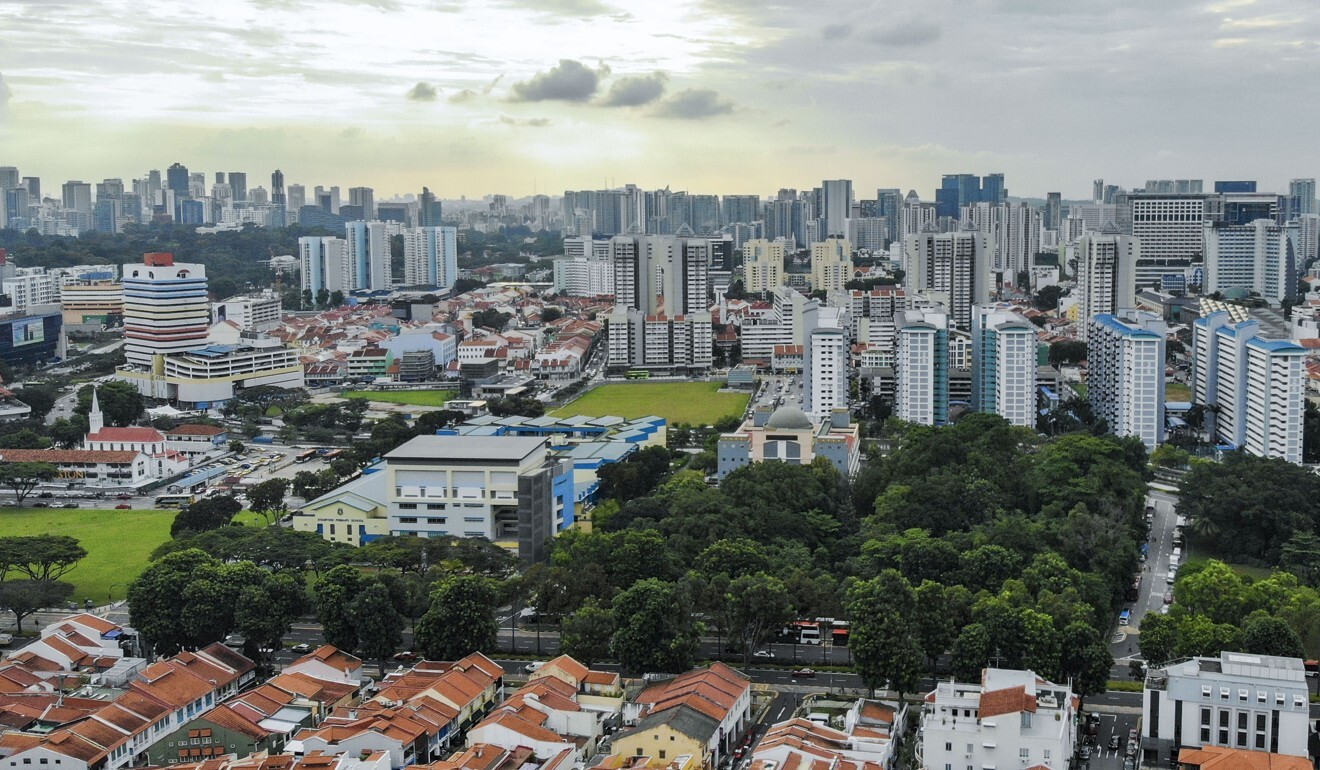
Singapore’s Tharman calls for ‘activist’ policymaking over big government post-pandemic
- Debt-fuelled crisis spending by governments may not last and the wealthy must share the burden to help the less well-off
- Focus on ‘what matters most rather than everything’ says ex-finance chief Tharman Shanmugaratnam
Embracing such an approach means policymakers “re-centre government and fiscal policy on the provision of public goods” such as quality education and health care, Tharman said.
“So you don’t necessarily have to be very large, but you have to be very good at the most important things you should be doing, and go about it in the spirit of an activist.”

Rather than a return of big government, Tharman suggested going back to “a sense of moral purpose in government, having the confidence to convince the population that these are the right things to do, and we’re all going to have to organise ourselves together to achieve it, and an ability to focus the resources of the state on what matters most rather than everything.”
Speaking on Wednesday evening in an online forum, Tharman said he did not believe the current spate of big government spending fuelled by “magical money” – ultra-easy debt and quantitative easing – would last indefinitely.
Also speaking at the event organised by the Lee Kuan Yew School of Public Policy were Financial Times columnist Rana Foroohar and the editor-in-chief of Bloomberg, John Micklethwait.
While prominent economists have suggested it is possible to sustain growth and equitable societies in a high-debt milieu, Tharman said there was also a “strong weight of informed opinion” that urged caution against such thinking.
Have a ‘Singapoliday’: Singapore turns to domestic tourism
“At some point, there’s a constraint and there’s a burden that debt exerts on growth,” he said.
“More of the contributions will have to come from those who are better off and wealthier, and they’re going to have to provide greater support for those who are poor, and those in the middle income group,” he said. He added that while everyone should contribute something more as societies get older, “fairness dictates that things have to stack up in favour of the poor and the middle income”.
This new compact, Tharman suggested, would have to depart from the orthodoxies of both the political left and right.
On the right, the tendency is to view those in society who are not doing well as not exercising enough responsibility for themselves. And on the left, the common trope is that the state is not doing enough to support the underprivileged.
Both those ways of looking at society are getting very tired
Tharman said “both those ways of looking at society are getting very tired and have also lost their appeal”, adding that stagnant wages over the last three decades was a key reason for people falling behind.
Conventional redistribution methods by the state focused too much on “compensating the losers”, he said, and were “not enough about helping people to regrow and helping to regenerate communities, towns and individuals”.
On the coronavirus crisis’ impact on the labour market, Tharman touted his government’s efforts to help those who have been laid off by creating and subsidising traineeships in private firms.
The former finance minister chairs a new National Jobs Council that is seeking to create 100,000 new positions in the city state, including traineeships and civil service jobs.
Naver confirms move of data centre from Hong Kong to Singapore
“It’s going to get more difficult in the next six to 12 months, we have no doubt about it. And that’s why we are working intensively on this whole set of arrangements to re-skill people, put them back into firms or traineeships or attachments – even if they don’t yet have a permanent job – and try to make that a pathway to a new permanent job,” Tharman said.
Asked by audience members about unemployment insurance – a policy proposed by the opposition during the country’s recent elections – the veteran member of the ruling People’s Action Party said such a programme was not yet necessary as Singapore’s structural unemployment rate remained low.
Asked what he felt was an upside of the current crisis, the minister pointed to the recognition ordinary essential workers had been getting.
“They are largely blue collar workers, some of them are doctors and other professionals, but the role of ordinary people is now much more widely recognised,” Tharman said. “Those who are doing some of the toughest jobs are now getting a lot more respect … and there’s a sense in society that we have a lot of silent heroes among us, and they’re not always the people with the best qualifications or ‘top’ jobs.”

